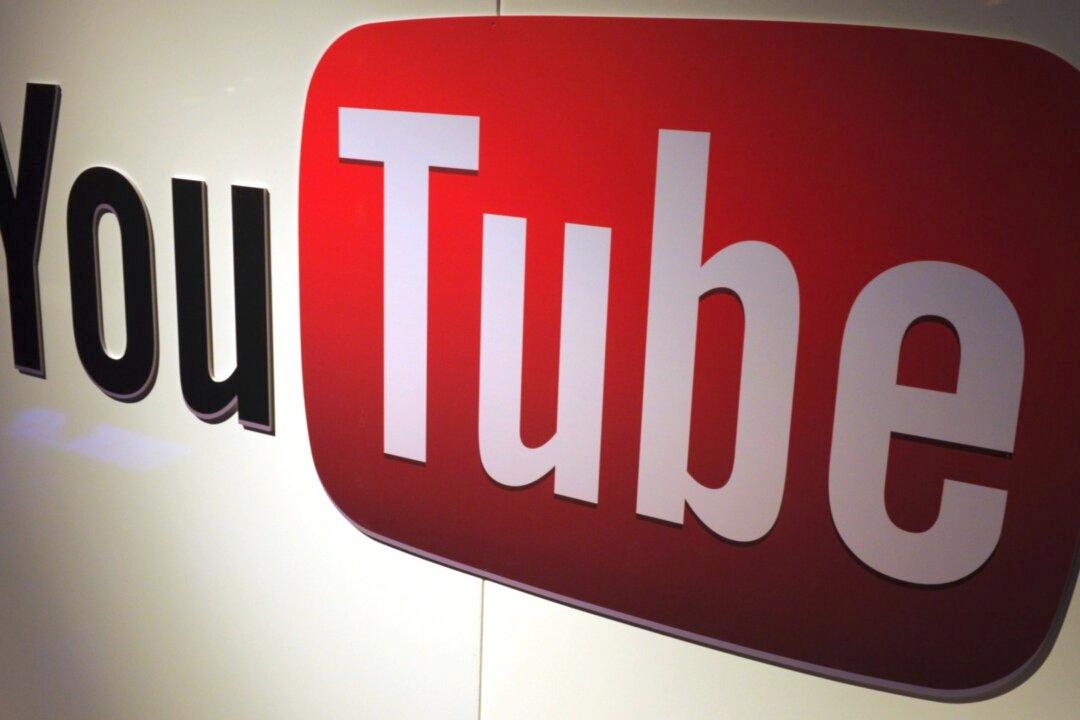YouTube’s announcement that it will block or remove content alleging there was “widespread fraud or errors” during the U.S. presidential election is a “huge concern” for Australian democracy, according to Senator Alex Antic.
Popular Rebel News journalist Avi Yemini, has labelled the video-sharing giant’s move a “danger for Australia.”





